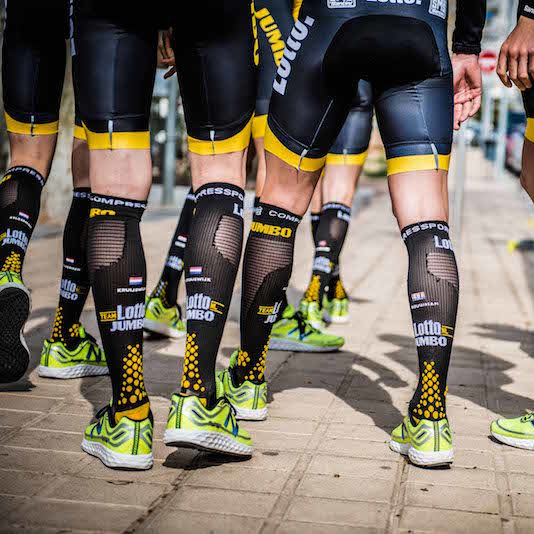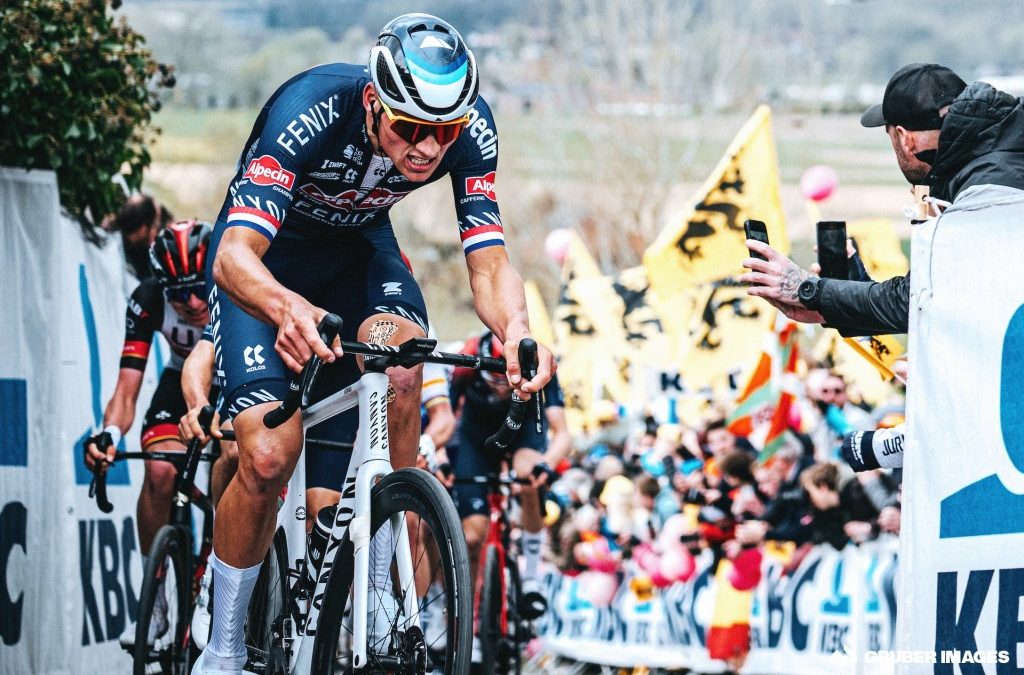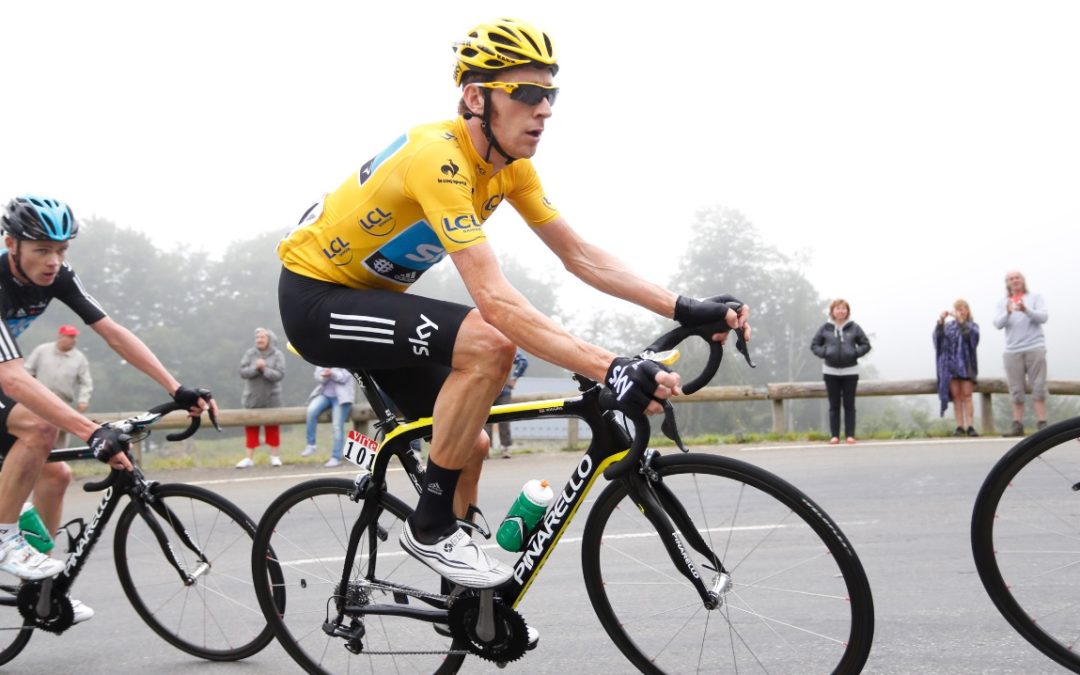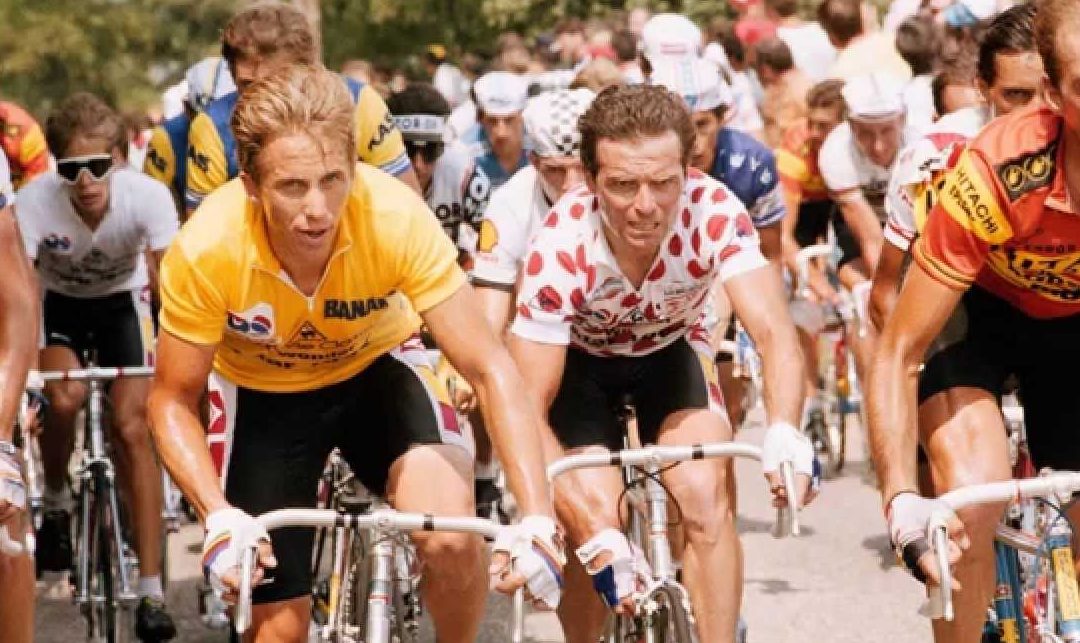
by Andrew Jamieson | Jun 2, 2022 | Cycle Racing, Cycle Training, Cycling Nutrition, Recovery, Tour de France
Recovery Day, Grand Tour Style In the grand tours, there are always two rest days. While you might think that’s a time to rest up in the hotel room for the riders or sit around doing press conferences, they actually head out for some time on their bikes. Different...

by Andrew Jamieson | Apr 6, 2022 | Cycle Racing, Cycling Sports Science, Tour de France
What Makes A Pro? We often forget the physiological make up of riders when we talk about sprinters, time trialists, “big diesels”, domestiques, climbers and roulers. Fundamentally though they are all very highly aerobically fit and these specializations...

by Andrew Jamieson | Nov 1, 2018 | Cycle Racing, Cycling Sports Science, Power in Races and Training, Tour de France
When Is A Watt Not A Watt? 7.04w/kg …or is it 5.78w/kg… Aside from the fact that the first of the two numbers above is a prediction (waste of time –see previous post) and the second is just given to us by Team Sky (no data was given, just a number that has...

by Andrew Jamieson | Oct 25, 2018 | Cycle Racing, Cycling Sports Science, Drugs, Power in Races and Training, Tour de France
Predicted Power Output Based On Known Climbing Times…I Call BS For a start we need to take a look at power outputs and how they are measuring it. The claims are coming from timing a climb with a stopwatch (where we know the elevation gain and length) and using a...
by Andrew Jamieson | Oct 4, 2016 | Cycling Sports Science, Power in Races and Training, Sports Testing, Tour de France
I thought it would be interesting to take the results from Chris Froome’s physiological assessment last year and apply them as if they were a Fitlab Performance Assessment. For those that have had a Fitlab assessment, you can see...
by Andrew Jamieson | Jul 17, 2015 | Cycle Training, Cycling Sports Science, Sports Testing, Tour de France
What’s required to do well on a long mountain stage of the Tour de France? Firstly we often forget the physiological make up of these riders when we talk about sprinters, time trialists, “big diesels”, domestiques, climbers and roulers. Fundamentally...





